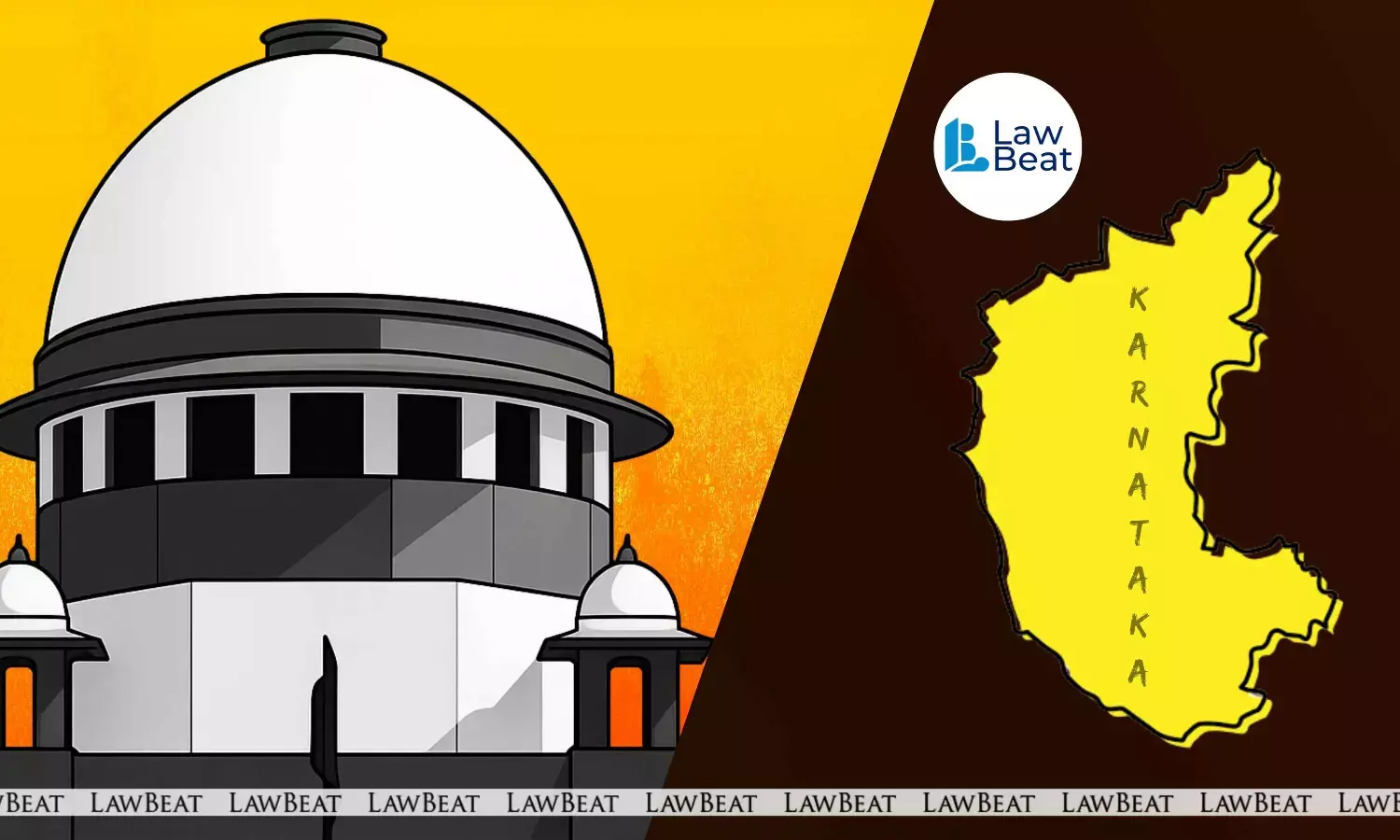Karnataka Caste Survey| MP BY Raghavendra urges Supreme Court to register suo motu case against cabinet

The survey is being conducted by the Karnataka State Commission for Backward Classes at a cost of Rs 420 crore.
Member of Parliament from Shivmoga district of Karnataka, BY Raghavendra has urged the Supreme Court to register a suo motu case against the Karnataka state cabinet over its decision to conduct socio-economic and educational survey in the state.
Raghvendra has said the survey is against the spirit of the Constitution and that the state government is wasting Rs 500 crore in the name of the survey.
He has further said that the state government is conducting the survey to woo people of minorities, backward classes. He criticised the state government for having already wasted Rs 140 crore in the name of Kantaraj Commission which conducted the survey earlier.
The survey, being conducted by the Karnataka State Commission for Backward Classes at a cost of Rs 420 crore, began on September 22 and is scheduled to continue until October 7.
Recently, the Karnataka High Court had declined to grant an interim stay on the Socio-Economic and Educational Survey.
The division bench of Chief Justice Vibhu Bakhru and Justice C.M. Joshi had emphasized the necessity of ensuring that participation in the survey is voluntary. It directed the Karnataka State Commission for Backward Classes to issue a public notification clarifying that individuals are not obligated to disclose any information, and that any data provided is entirely at their discretion.
Before the High Court, the petitioners have contended that the state government's initiative effectively constitutes a caste census, a domain reserved for the Union government under the Constitution. They argued that the survey's expansive scope, including the enumeration of over 500 castes, could lead to the weaponization of data for political purposes. Additionally, they expressed concerns about the lack of safeguards to protect the collected information, citing the absence of mechanisms under the Collection of Statistics Act, 2008.
The petitioners have argued that under the guise of a survey, which is backed by the Karnataka State Backward Classes Commission, the state government is effectively conducting a caste census, a subject that falls within the Union government’s domain under the Constitution. They contended that this is a colourable exercise intended to enumerate castes in the state for political gains, warning that such data could be weaponised.
It has been alleged that there is an artificial creation of caste in the new survey. They claimed that several previously unknown castes have been included in the newly released enumeration list, which now runs to more than 500 entries. Many sub-castes, they said, have been treated as independent castes carved out of a main caste, creating confusion for individuals. They also highlighted the addition of new Christian castes in the list. The entire exercise, they claimed, is manifestly arbitrary.
It has further been pointed to the Rs. 150-crore caste survey carried out in 2015, the results of which were never made public, and argued that the present exercise lacked transparency. They submitted that geo-tagging of households and the use of Aadhaar for verification raised privacy concerns, and that the entire initiative had been undertaken without adequate public consultation.
The state government has defended the survey as a necessary step for targeted welfare measures arguing that accurate and updated caste-wise socio-economic data is crucial for policymaking, pointing to an allocation of nearly Rs. 420 crore for the exercise. The enumeration, which began earlier this month, involves door-to-door data collection by teachers and ASHA workers.
Appearing for the Union, ASG Arvind Kamath has argued that the constitutional scheme envisages a single authoritative census by the Central government, which alone provides secure and legitimate data processing. Census questions, he noted, are issued by gazetted notification, whereas no such mandate exists for a state survey. He described Karnataka’s exercise as “a census cloaked as a survey".
